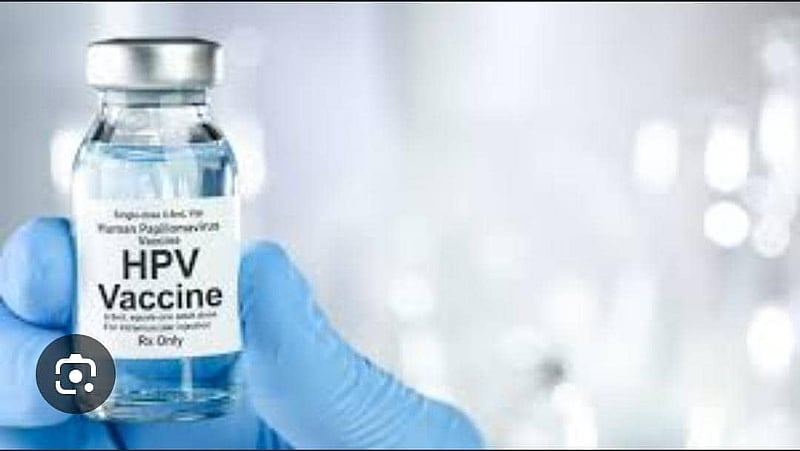In a decisive move to protect girls and women from cervical cancer, the Government of Ghana has taken delivery of its first consignment of the Human Papillomavirus (HPV) vaccine, marking the start of a nationwide vaccination effort.
The initial shipment includes 441,860 doses, which will be the first phase of a larger delivery expected to exceed 2.5 million doses in total. UNICEF, the lead agency in charge of procuring and shipping the vaccines, is spearheading the delivery process.
This large-scale vaccination drive is set to culminate in a five-day national immunization campaign scheduled for September 2025, led by the Ghana Health Service. The campaign targets girls aged 9 to 14 years, aiming to drastically reduce cervical cancer cases—one of the most preventable but deadly cancers among women.
“After the campaign, the vaccine will be offered free of charge as routine vaccine for girls turning aged 9 years in the country through Ghana’s national routine immunization programme, reinforcing the country’s commitment to safeguarding the public health of the people of Ghana.”
A communique from UNICEF emphasized the goal of reaching young girls before they are exposed to the virus, thereby ensuring long-term protection.
“The landmark delivery targets girls aged 9–14 to protect future generations from cervical cancer.”
Cervical cancer, caused by certain strains of HPV, remains the leading cancer of the female reproductive tract. Though highly preventable through vaccination and early intervention, barriers such as poor awareness, limited access to healthcare, and high costs have long hindered prevention efforts.
Ghana’s decision to integrate the HPV vaccine into its Expanded Programme on Immunization (EPI) is being hailed as a critical milestone. The vaccine is globally recognized as both safe and effective, with over 140 countries having already incorporated it into their national immunization schedules.
“Making this vaccine available to all girls means they are protected long before there is a risk, reducing the burden they could carry into adulthood.”
Health advocates say the introduction of the HPV vaccine will not only save lives but also empower girls to become healthier women, capable mothers, and strong leaders.
“Preventing cervical cancer allows girls to grow into healthy women, mothers, and leaders, contributing meaningfully to society.”
The initiative underscores Ghana’s growing commitment to public health and gender equity. It also represents a long-term investment in the health and future of young Ghanaian girls, many of whom will now be spared from a disease that has long claimed the lives of women across the continent.


